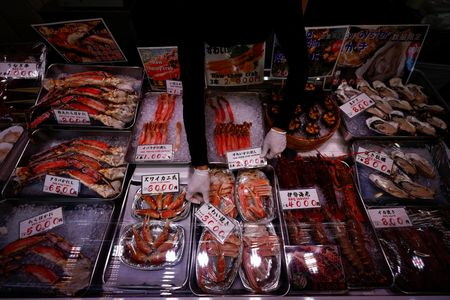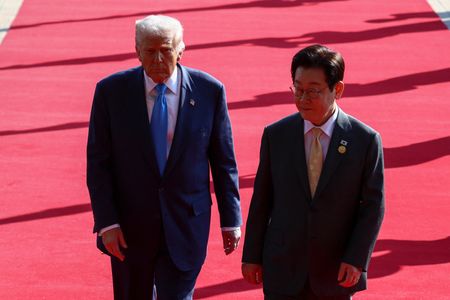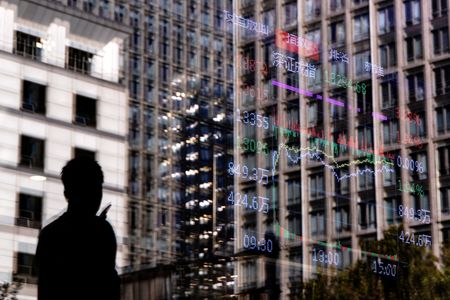By Yuka Obayashi
TOKYO (Reuters) – Japan’s exports of agricultural, forestry and fishery products rose 3.7% to a record high in 2024, despite China’s ban on seafood imports following Tokyo Electric Power’s water discharge from the Fukushima nuclear power plant.
Exports last year totalled 1.507 trillion yen ($9.7 billion), up from 1.454 trillion yen in 2023, the Ministry of Agriculture, Forestry and Fisheries (MAFF) said on Tuesday.
It marked the 12th consecutive annual increase and a record-high, Kazuyoshi Nakasugi, deputy director of MAFF’s export policy planning division, said, noting that stronger exports to the United States and other parts of Asia offset a decline in exports to China and Hong Kong.
“An increasing number of Japanese restaurants and the growing popularity of a wide range of Japanese foods, driven by the rising number of foreign tourists visiting Japan supported the growth,” Nakasugi said.
Tepco began releasing treated radioactive water from the wrecked Fukushima Daiichi Nuclear Power Plant in August 2023, prompting China to suspend imports of all seafood of Japanese origin.
Japan’s agricultural, forestry, fisheries exports to China plunged 29.1% to 168.1 billion yen in 2024, but exports to the United States rose 17.8% to 242.9 billion yen, making the U.S. Japan’s top export destination for the first time in 20 years.
Exports to Vietnam and Thailand grew by more than 23%, while sales to Taiwan, South Korea and Europe also climbed between 11 and 20%, thanks to strong demand for seasonings and green tea.
Japan’s scallop exports were among the hardest-hit by China’s ban, but increased sales to the U.S., Taiwan and Vietnam helped offset the impact, MAFF’s Nakasugi said.
The government has been promoting the diversification of export destinations for scallops and other seafood products by developing commercial channels elsewhere in Asia and in the U.S.
“We will continue to encourage China to resume seafood imports as soon as possible while supporting efforts to expand sales channels for Japanese food products worldwide,” Nakasugi said.
($1 = 155.2200 yen)
(Reporting by Yuka Obayashi; Editing by Michael Perry)











